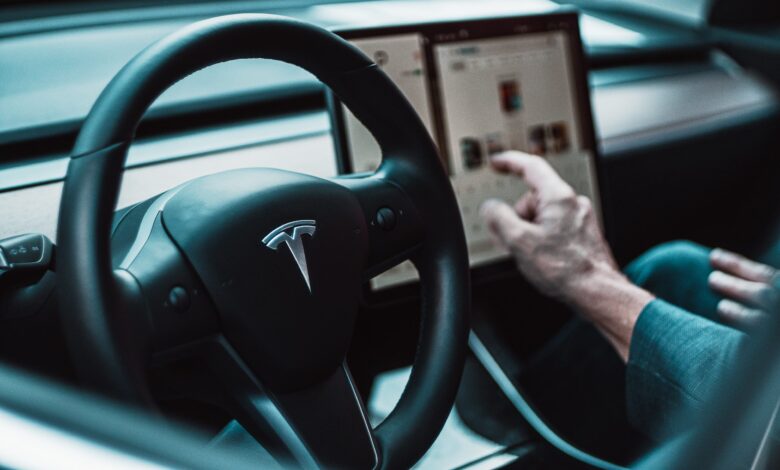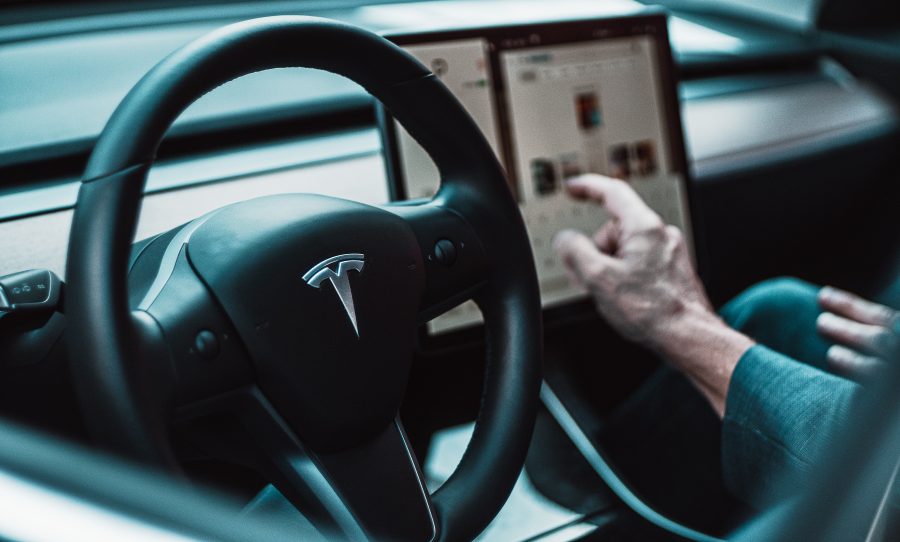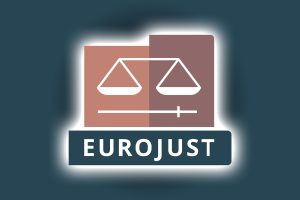

The affected models, including Y, S, 3, and X, will receive a software update aimed at improving the driver monitoring system.
The complete list of recalled Tesla vehicles includes: the 2012-2023 Model S, 2016-2023 Model X, 2017-2023 Model 3 and 2020-2023 Model Y
The update includes additional controls and alerts to encourage drivers to adhere to their driving responsibilities. Autosteer, a component of Autopilot, will be restricted in use, providing visual and audible alerts if engaged under inappropriate conditions. The update also enhances visual alerts, simplifies Autosteer activation, and introduces additional checks on system use outside controlled access roads.
Tesla began sending the update on Tuesday (Dec 12) to certain affected vehicles, with the rest to follow later. The recall documents mention a potential suspension from Autosteer use if drivers repeatedly fail to demonstrate continuous and sustained driving responsibility.
Despite Autopilot’s name, Tesla emphasizes on its website that the system and the more advanced Full Self Driving are driver-assist features and do not enable autonomous driving.
The NHTSA has been investigating Tesla crashes since 2016, suspecting automated system involvement in 35 incidents, resulting in at least 17 fatalities. The agency will continue monitoring Tesla’s remedies to ensure safety, keeping the investigation open.
What has Tesla said?
The company’s CEO Elon Musk has so far not commented on the recall but the company’s branded account on X released a lengthy statement on the recent reports around the safety systems within the car and accused news outlets of “not accurately conveying the nature of our safety systems.”
While there are many articles that do not accurately convey the nature of our safety systems, the recent Washington Post article is particularly egregious in its misstatements and lack of relevant context.
We at Tesla believe that we have a moral obligation to continue…
— Tesla (@Tesla) December 12, 2023
Featured picture: David von Diemar on Unsplash




